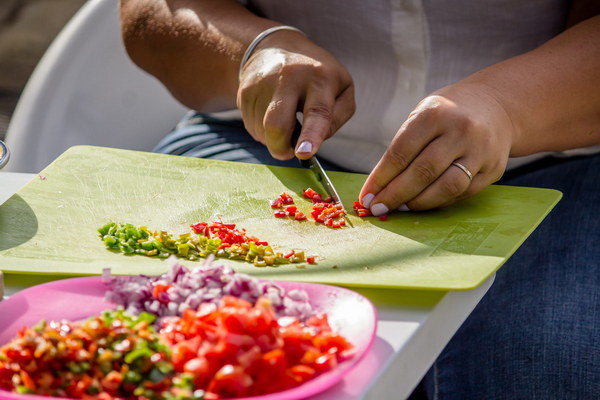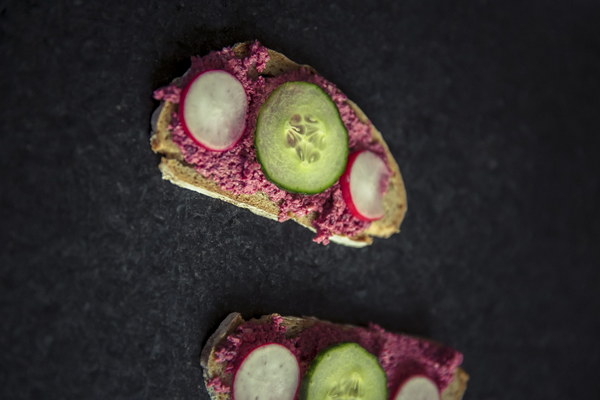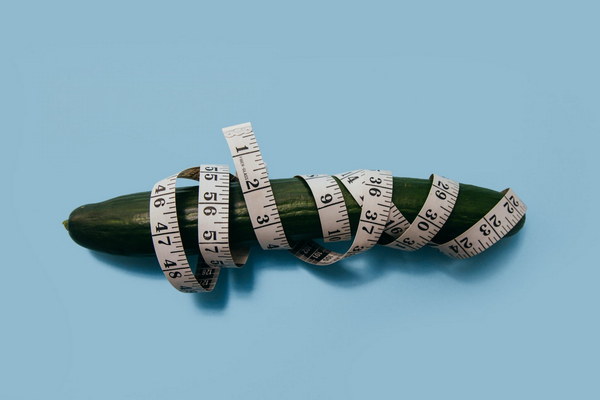Caring for Your Baby's Health Tips on Dealing with Excessive Drooling
Excessive drooling is a common issue among babies, especially those who are teething or experiencing teething discomfort. While it can be a bit of a nuisance for parents, it's important to understand how to properly care for your baby's health during this time. In this article, we'll discuss some tips on how to maintain your baby's well-being while dealing with excessive drooling.
1. Keep your baby's face clean
The most immediate concern with excessive drooling is the risk of skin irritation and infection. To prevent this, make sure to clean your baby's face regularly with a soft, damp cloth. Gently wipe away any drool that accumulates around the mouth, chin, and neck area. Use a mild, unscented soap to avoid any potential allergic reactions.
1. Dress your baby in appropriate clothing
To protect your baby's clothing from frequent spills, dress them in breathable, loose-fitting clothing. Opt for soft, absorbent materials like cotton or bamboo that can wick away moisture. Avoid tight-fitting collars or clothing that may chafe the skin around your baby's neck.
1. Protect your baby's skin
To protect your baby's skin from irritation and infection, apply a protective barrier like a layer of petroleum jelly or a mild moisturizer. This will help to keep the skin dry and prevent chafing. Reapply as needed, especially after a bath or when the skin becomes wet.
1. Maintain a healthy oral hygiene routine
Good oral hygiene is essential for your baby's overall health. Regularly clean your baby's teeth and gums with a soft, damp cloth or a baby toothbrush designed for teething. This will help to keep any potential infections at bay and reduce teething discomfort.
1. Provide your baby with teething relief
Teething can exacerbate drooling, so it's important to provide your baby with relief. Offer chilled teething rings or a cold, wet washcloth for your baby to chew on. This can help to numb the gums and reduce drooling. Be sure to avoid giving your baby anything that could pose a choking hazard.
1. Keep your baby hydrated

Ensure that your baby is well-hydrated by breastfeeding or bottle-feeding on demand. This can help to alleviate teething discomfort and reduce drooling. Water is also a good option for older babies, as it can provide relief and prevent dehydration.
1. Consult with a healthcare professional
If you have concerns about your baby's excessive drooling, it's important to consult with a healthcare professional. They can provide guidance on the best practices for your baby's specific needs and rule out any potential underlying conditions.
In conclusion, dealing with excessive drooling in babies requires a combination of proper hygiene, protective measures, and teething relief. By following these tips, you can help ensure your baby's comfort and overall health while they navigate through the teething phase. Remember, each baby is unique, so it's important to adapt these suggestions to your little one's specific needs.









